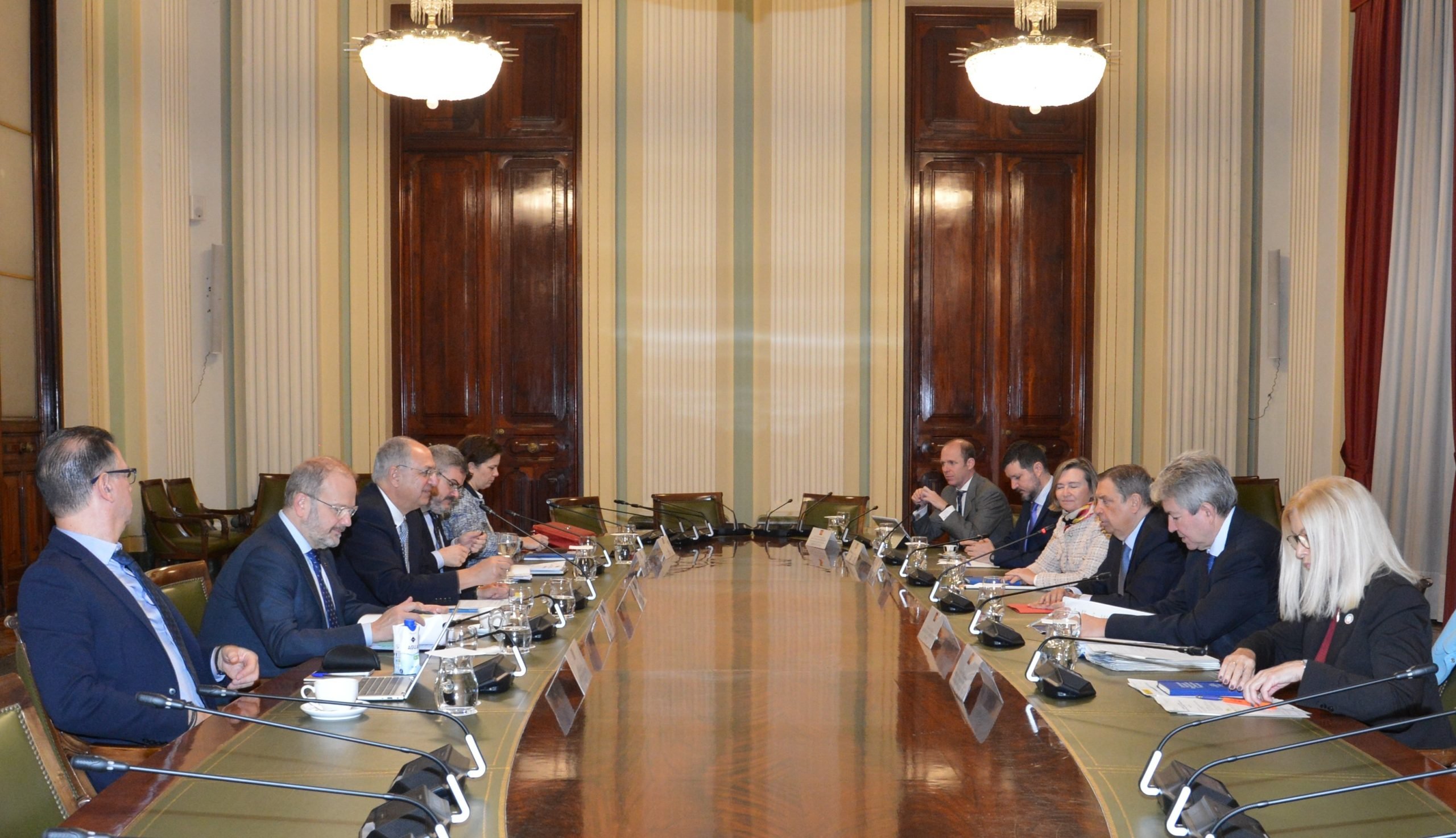European Commission Authorises Fisheries Negotiations with Morocco
The European Commission has approved negotiations with Morocco for a new fisheries partnership, marking a significant development in EU-Morocco relations. This decision comes shortly after the European Union and Morocco signed an updated agricultural trade agreement that reinstated preferential access for farm products from all regions of Morocco.
Commissioner for Fisheries, Costas Kadis, made the announcement in Madrid, highlighting it as “an important step toward re-establishing structured cooperation” following the expiration of the previous agreement in July 2023. The earlier accord allowed 128 European fishing vessels, primarily from Spain, Portugal, and France, to operate in Moroccan waters in exchange for approximately €52 million annually in financial contributions and sectoral support.
Renewed Agricultural Agreement Sets the Stage
The fisheries negotiations come on the heels of the formal signing of a revised EU-Morocco agricultural agreement in early October. This deal confirmed the inclusion of products from Morocco’s southern provinces under existing trade preferences, ending nearly two years of procedural uncertainty. The agreement followed legal disputes before the European Court of Justice and signified a broader reset in EU-Morocco relations.
Diplomats in Brussels have noted that the renewed fisheries mandate reflects Europe’s intention to stabilize ties with a crucial North African partner, particularly in areas such as trade, migration, and maritime security.
Spain’s Role and Economic Impact
Spain, the largest beneficiary of the previous arrangement, has called for a swift conclusion to the negotiations to safeguard thousands of jobs in Andalusia and the Canary Islands. The country’s fishing industry relies heavily on access to Moroccan waters, and any delay could have significant economic repercussions.
The new fisheries deal is expected to provide a framework for continued cooperation between the EU and Morocco, ensuring that both parties benefit from sustainable fishing practices and mutual economic interests. It also aligns with broader efforts to strengthen diplomatic and economic ties between the two regions.
Broader Implications for EU-Morocco Relations
The renewed focus on fisheries and agriculture underscores the importance of Morocco as a strategic partner for the EU. The country plays a critical role in regional stability, migration management, and maritime security in the Mediterranean. By re-establishing structured cooperation, the EU aims to reinforce its influence and ensure long-term partnerships with key players in North Africa.
In addition to fisheries and agriculture, the EU and Morocco are likely to explore other areas of collaboration, including energy, technology, and environmental sustainability. These discussions will be essential in shaping a comprehensive and forward-looking relationship between the two entities.
Conclusion
The European Commission’s decision to authorise negotiations with Morocco for a new fisheries partnership marks a pivotal moment in EU-Morocco relations. With the recent agricultural agreement setting the stage for renewed cooperation, the focus now shifts to securing a sustainable and mutually beneficial fisheries deal. This move not only strengthens economic ties but also reinforces the EU’s commitment to stability and partnership in North Africa.
